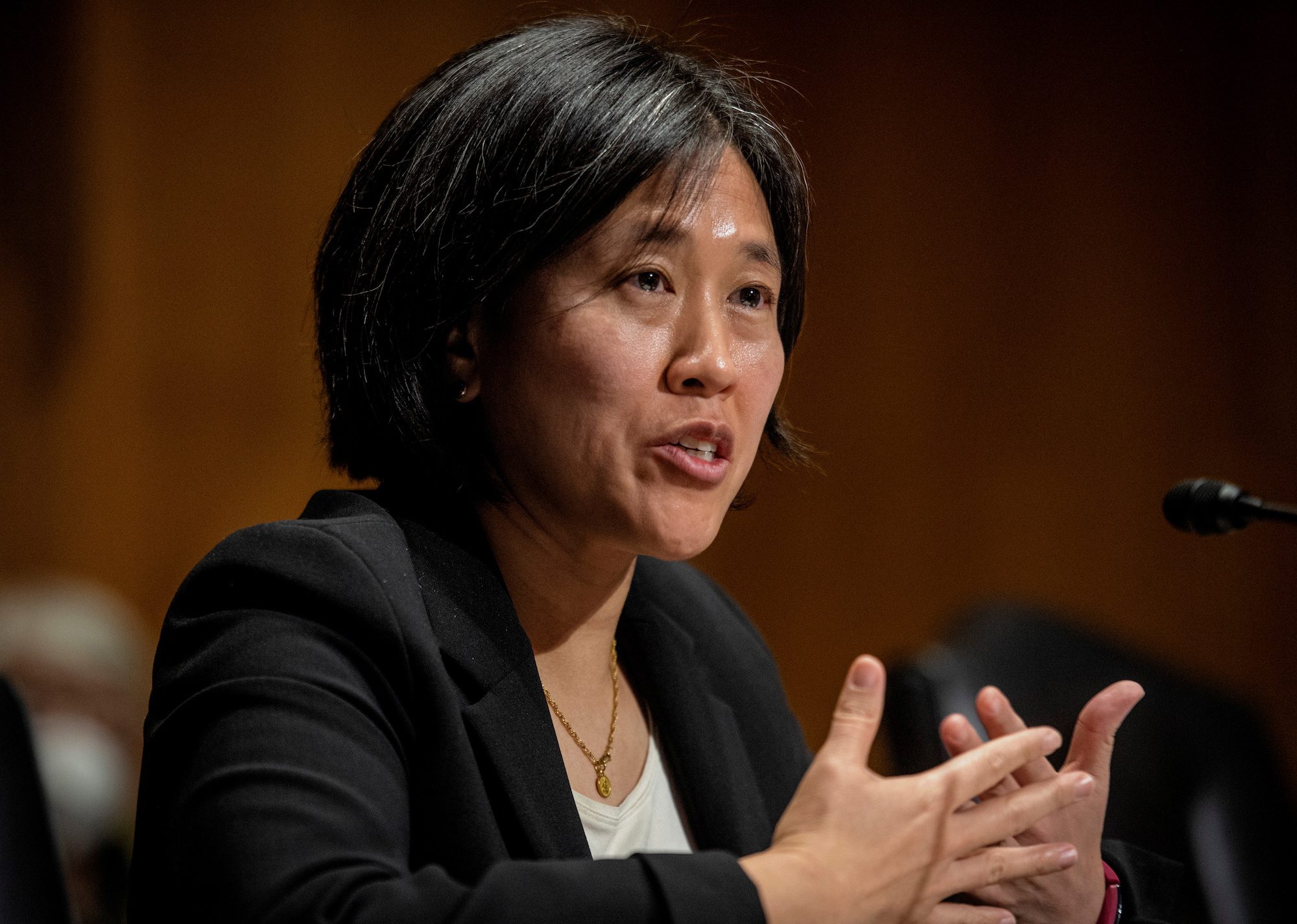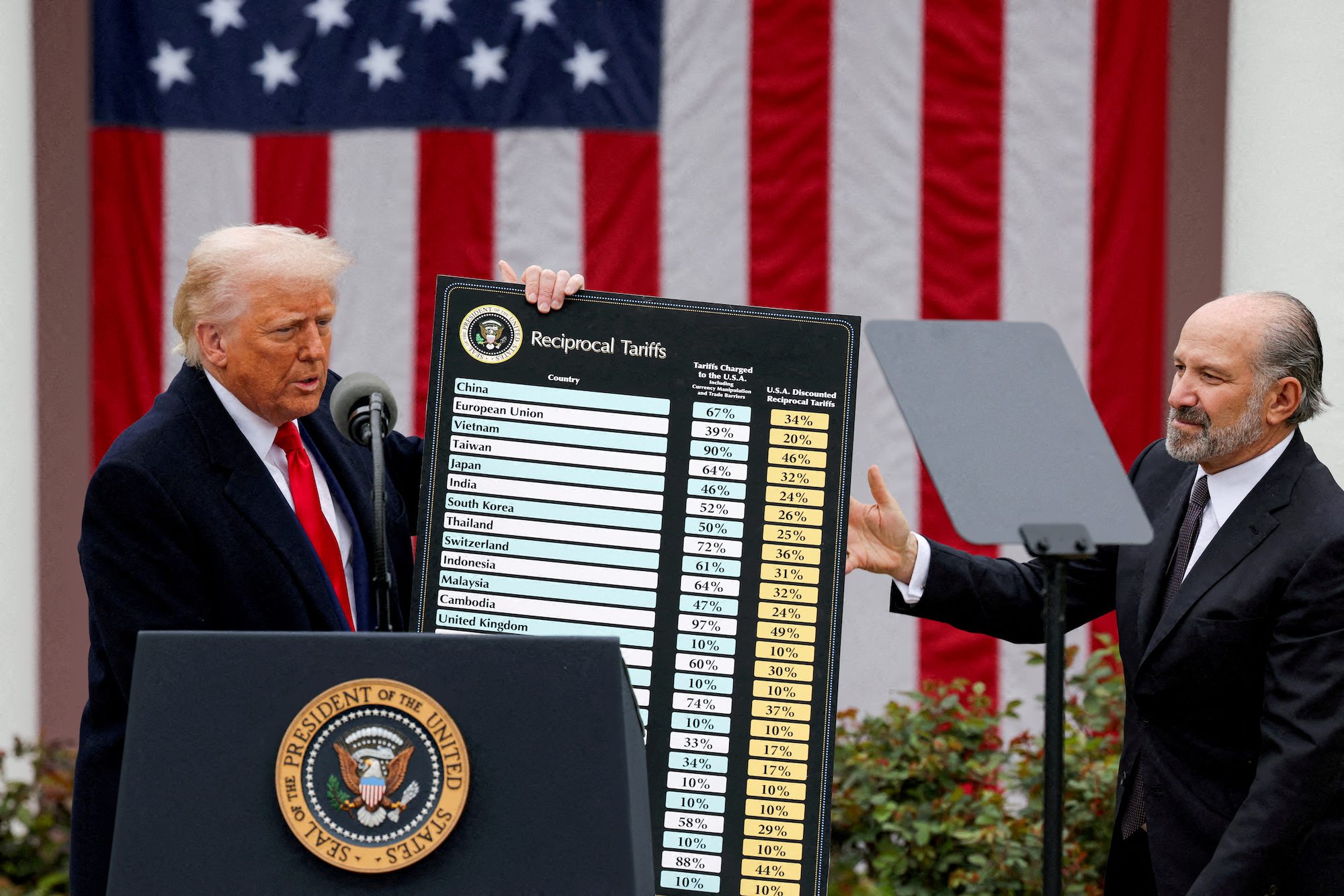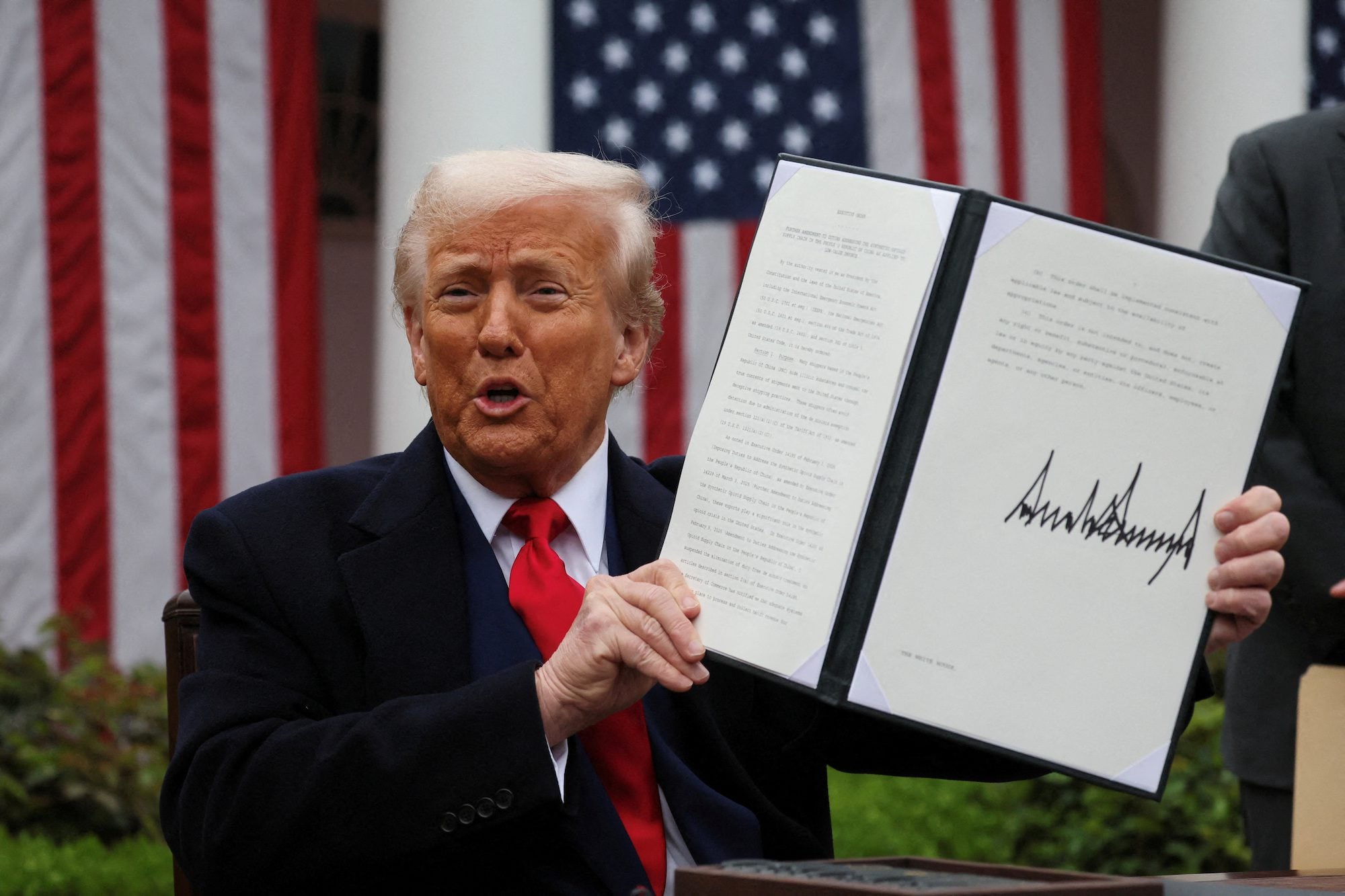Updated: April 18, 2023 (Originally published February 26, 2021)
By Eric Martin and Jenny Leonard (Bloomberg) —
President Joe Biden’s nominee for trade chief called on China to live up to the commitments in its trade pact with the U.S. — the strongest signal yet that the new administration plans to build on the accord brokered by its predecessor rather than scrap it.
China “needs to deliver” on the promises it made in the agreement, Katherine Tai, the pick for U.S. trade representative, told senators during her confirmation hearing on Thursday. She acknowledged that former officials have tried before to achieve structural changes in China’s economy and faced obstacles, saying the Biden administration needs to be “exploring all our options.”
Tai received plaudits from Democrats and Republicans alike and is widely expected to be easily confirmed. Her promise of a process- and consultation-driven approach is welcomed by lawmakers after four years of chaos under Donald Trump, with tariff actions often coming as surprises announced via Twitter.
“She was controlled, she was measured, she did what needed to be done,” Lester said. “The votes are not in doubt, so she didn’t have to push hard and ‘wow’ anybody. She needed to not make any mistakes.”
China-U.S. trade ties are mutually beneficial, Chinese Foreign Ministry spokesman Wang Wenbin said at a regular briefing Friday in Beijing. “Both stand to win from cooperation and lose from confrontation,” he said. “Cooperation is the only correct choice for both.”
Biden this week directed his administration to identify supply chain vulnerabilities for key goods like semiconductors and rare earths — materials where the U.S. is heavily dependent on other countries, including adversaries like Beijing.
When asked if her predecessor was on the right track to re-shore critical supply chains to the U.S., Tai said she wants to accomplish “similar goals but in a more process-driven manner.”
The U.S. and China fought a trade war under Trump that continues to see tariffs applied on about $335 billion of Chinese goods annually. In the agreement reached in 2020, China promised to purchase more American products. Beijing missed its 2020 trade-deal targets as the global pandemic upended shipping and supply chains.
China also pledged to combat the theft by Chinese companies of U.S. intellectual property and to do more to enforce IP rights in the country while also opening up its domestic market to U.S. financial service providers.
The White House has said the trade deal, as well as other China-related actions taken by the previous administration, are under review until the Biden team decides on a path forward.
Tai is expected to pursue a hard line in U.S.-China negotiations while also embarking on a more methodical and practical style to distance the Biden administration from the chaos that defined the Trump team’s trade agenda. Tai, whose nomination requires Senate approval, will play a key role in setting and implementing Biden’s trade policy, which they both have promised to focus on workers and the middle class.
Among the trade challenges facing the Biden administration is deciding what to do with the phase-one deal that President Donald Trump struck with China in early 2020 and the hundreds of billions of dollars in tariffs that remain in place. Biden has pledged to work with allies to confront China rather than face the nation alone as Trump did, a theme echoed by Tai.
Tai committed to a top-to-bottom review at the USTR with regard to addressing China, telling Senator Rob Portman — who said he did such a review when in the job 16 years ago — it was an “excellent idea.” She noted the Biden administration already has committed to a “holistic review” of China policy.
Work With Allies
Tai acknowledged that working with allies on shared challenges like China will be “hard work” and requires difficult conversations. At the same time, she pledged to find ways beyond the national security tariffs that Trump used to protect domestic steel and aluminum from imports, particularly those from China.
Without going into specifics of how she would address tariffs, export bans and other key issues, Tai said she knows the “opportunities and limitations in our existing toolbox” and that tariffs are a legitimate tool. At the same time, she pledged to find ways beyond the national security tariffs that Trump used to domestic steel and aluminum from imports, particularly those from China.
“We must recommit to working relentlessly with others to promote and defend our shared values of freedom, democracy, truth, and opportunity in a just society,” Tai said.
Tai, in the prepared remarks, touted her own experience as the chief counsel for China enforcement for three years at USTR, saying that she knows firsthand the importance of holding the nation accountable for its unfair trade practices, but also the dexterity required in U.S. policy.
Tai spent the past four years as the chief counsel for Democrats on the U.S. House Ways & Means Committee responsible for trade. She was a key figure in negotiations with the Trump administration and House Speaker Nancy Pelosi on a revamped North American Free Trade Agreement, which passed both the House and Senate with overwhelming bipartisan majorities and was signed by Trump last year.
The bipartisan support extended to Tai’s confirmation hearing. While nominees traditionally get an introduction at the hearing from a lawmaker of the same party, Tai was flanked by the Democratic chair of the Ways and Means panel, Richard Neal, as well as its top Republican, Kevin Brady. Brady praised Tai for her “impeccable” credentials during the hearing.
Tai said that her top priority for the Nafta replacement deal, called the U.S.-Mexico-Canada Agreement, is to use the enforcement tools, particular those for labor that she negotiated.
“The key to using the USMCA and making it successful is to exercise the tools that were so hard fought in being incorporated into the agreement,” she said.(Updates with comments from China’s Foreign Ministry in sixth paragraph.)
–With assistance from Christopher Anstey, Bryce Baschuk, Shawn Donnan, Vivek Shankar and Lucille Liu.
© 2021 Bloomberg L.P
Editorial Standards · Corrections · About gCaptain
This article contains reporting from Bloomberg, published under license.

 Join The Club
Join The Club











